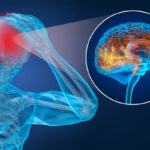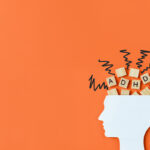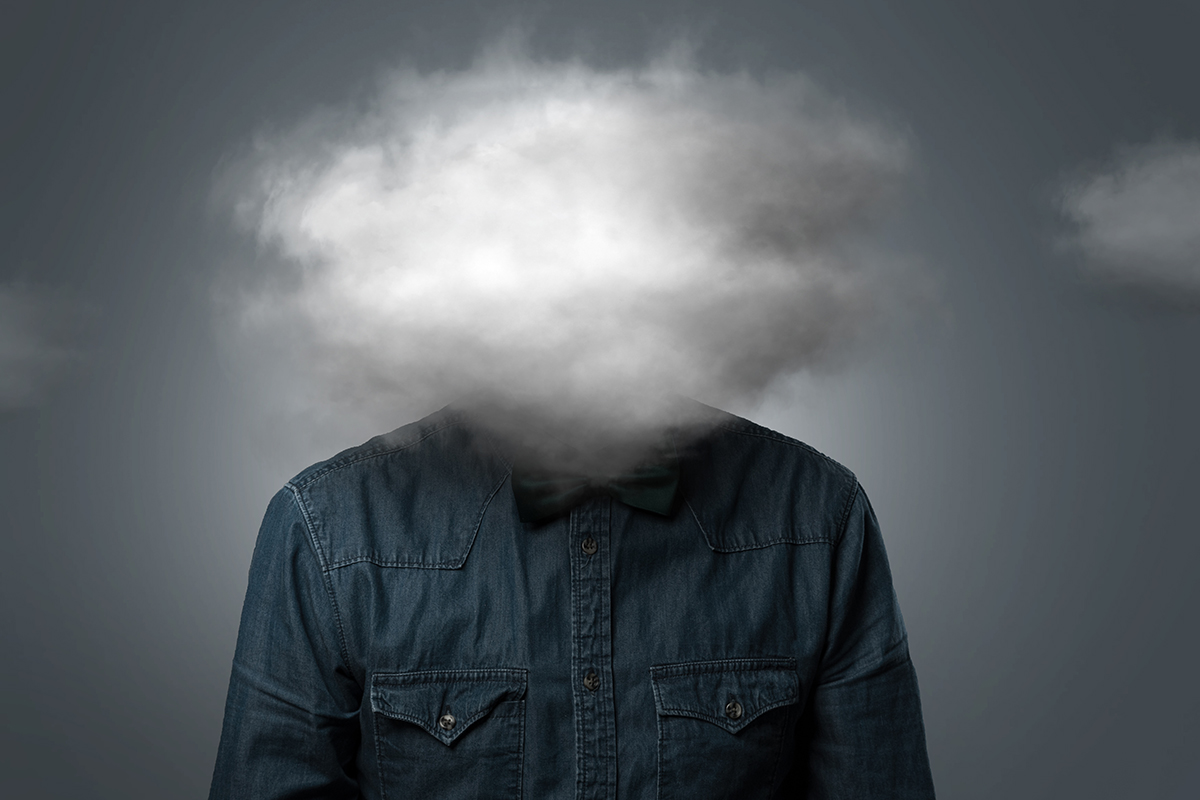Depression causes feelings of hopelessness and deep sadness.
If you suffer from chronic depression for more than two years, you could be suffering from persistent depressive disorder (PDD). This form of chronic depression is a complex mood disorder that can interfere with your life. However, it can be managed with the proper treatment.
In today’s blog post, we explain what you need to know about persistent depression and why it is so important to seek help.
What are the Symptoms of Persistent Depressive Disorder?
There really is only one difference between depression and PDD. The symptoms are the same, but with PDD, you suffer from symptoms daily for at least two years. The Diagnostic and Statistical Manual of Mental Disorders (DSM-5) lists the following symptoms of PDD:
- Depression for most of the day, almost every day
- Changes to appetite, either not eating or overeating
- Difficulty sleeping
- Low energy/fatigue
- Low self-esteem
- Poor concentration
- Difficulty making decisions
- Feelings of hopelessness
Anyone can suffer from depression, with almost 8.5% of Americans experiencing feelings of depression at least once throughout the year.
What Causes Persistent Depressive Disorder?
Although there is no known cause for PDD, there are common possible contributing factors, including:
- Brain circuitry imbalances
- Stressful or traumatic life events
- Physical brain trauma
Risk of developing PDD increases if you have a family history of depression or other mental health conditions. It is also more common in people with chronic physical health conditions or who have a substance abuse disorder.
How is Persistent Depressive Disorder Treated?
It is quite common for your doctor to recommend antidepressants. However, mental health professionals also focus on psychotherapy to treat PDD.
Neurofeedback, for example, can help you learn how to naturally increase positive activity in the brain while decreasing negative activity. Neurofeedback LENS treatment helps stimulate the relevant brain areas associated with depressive symptoms.
Psychotherapy can be used with or without neurofeedback. This treatment focuses on teaching you behavioral strategies and cognitive skills to improve emotion regulation and encourage wellness. If it is believed your depression is related to past events or particular life stressors, this becomes an important part of your therapy.
How Does Therapy Help with PDD?
Your therapist goes through an important process that teaches you how to manage your emotions.
As a result, you may become better equipped to express your feelings and cope with negative emotions. You can adjust to challenges and crises more effectively and also identify the types of behaviors that aggravate your symptoms. You also focus on positive thoughts to help control negative thought patterns. Therapy helps you set goals that are easier to meet so you can feel more in control of your life while increasing your self-esteem.
Why You Should Seek Assistance for Depression
It is important to identify your symptoms and seek assistance so you can improve your outlook for coping with PDD. With the right combination of treatments, you can learn to cope with and even overcome depression while preventing relapses in the future.
The Chicago Mind Solutions Difference
Chicago Mind Solutions works with individuals, offering neuropsychological testing and non-invasive treatment for many mental health conditions. For more information about our treatments and teletherapy options, please contact us at (224) 723-5050 or email info@chicagomindsolutions.com.






